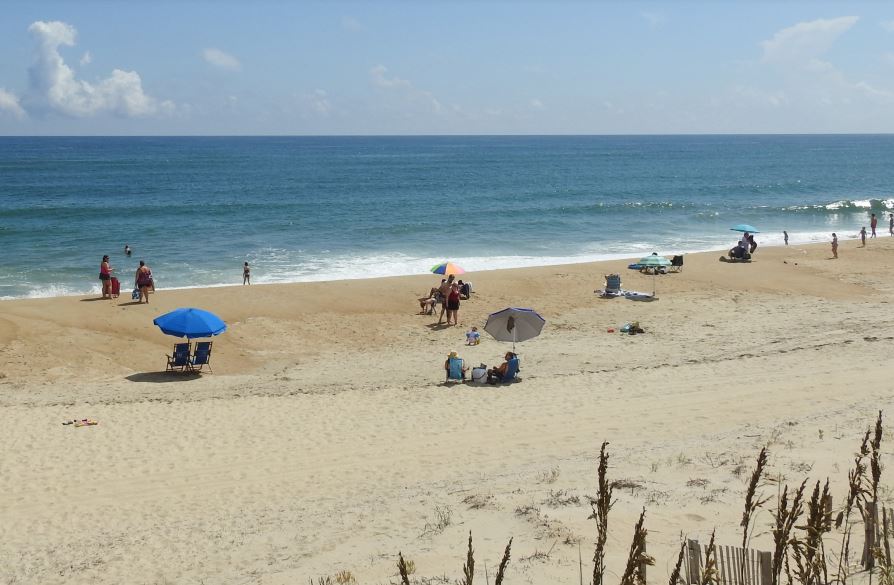
An international advocacy group released Wednesday a state-based analyses detailing the economic benefits of banning new offshore drilling for the East and West coasts.
In the report, Oceana, an organization dedicated to ocean conservation, looked at data on ocean-dependent jobs and fishing, tourism and recreation revenue along the coasts of Atlantic and Pacific states, North Carolina, and Florida’s Gulf coast.
Supporter Spotlight
Based on Oceana’s findings in January, findings suggest that ending new leasing for offshore oil and gas in the United States could prevent more than 19 billion tons of greenhouse gas emissions as well as more than $720 billion in damages. Ending new leasing also will support around 3.3 million American jobs and $250 billion in gross domestic product, according to the organization.
The analysis for North Carolina says that the state has 3,375 miles of coastline that supports 62,000 jobs with a clean coast economy. Tourism, recreation and fishing bring in about $3.1 billion. Additionally, the economically recoverable oil and gas resources would only meet demand for roughly 65 days of oil and 57 days of gas. A catastrophic oil spill would pose a great risk to North Carolina’s coastal economies that depend on a healthy ocean.
For the East Coast, offshore drilling threatens more than 1.6 million jobs and about $127 billion for seven month’s worth of oil and six month’s worth of gas, the analysis finds.
The House Committee on Natural Resources proposed Monday a legislative measure that would permanently protect the Atlantic, Pacific and Eastern Gulf of Mexico from future offshore drilling. Additionally, the Biden-Harris administration is expected to release an interim report on the federal oil and gas leasing program, which Oceana officials said “must result in an end to new leasing for offshore drilling.”
Oceana campaign director Diane Hoskins said that to protect coastal economies and combat climate change, “we must stop looking for new fossil fuels in the ocean.”
Supporter Spotlight
Hoskins said in a news release that the new state-level analysis offers the clearest picture yet of the economic dangers associated with expanded offshore drilling. Permanent protections will safeguard states’ tourism, recreation, and fishing industries and prevent climate pollution that is incompatible with addressing the climate crisis.
“President Biden has taken bold, swift action on climate, which stands in stark contrast to the denial of climate change and the attacks our oceans and coasts faced during the previous administration. Now, President Biden and Congress must go further to ensure our coasts are permanently protected from new offshore drilling,” Hoskins said.
Oceana reports that the following oppose or are concerned over offshore drilling activities:
- Every East and West Coast governor, including North Carolina’s Gov. Roy Cooper.
- More than 390 local municipalities, 2,300 local, state and federal bipartisan officials, 120 scientists and 80 former military leaders.
- Alliances representing more than 56,000 businesses on both coasts.
- Pacific, New England, South Atlantic, and Mid-Atlantic fishery management councils and commercial and recreational fishing interests
- Department of Defense, NASA, U.S. Air Force and Florida Defense Support Task Force







